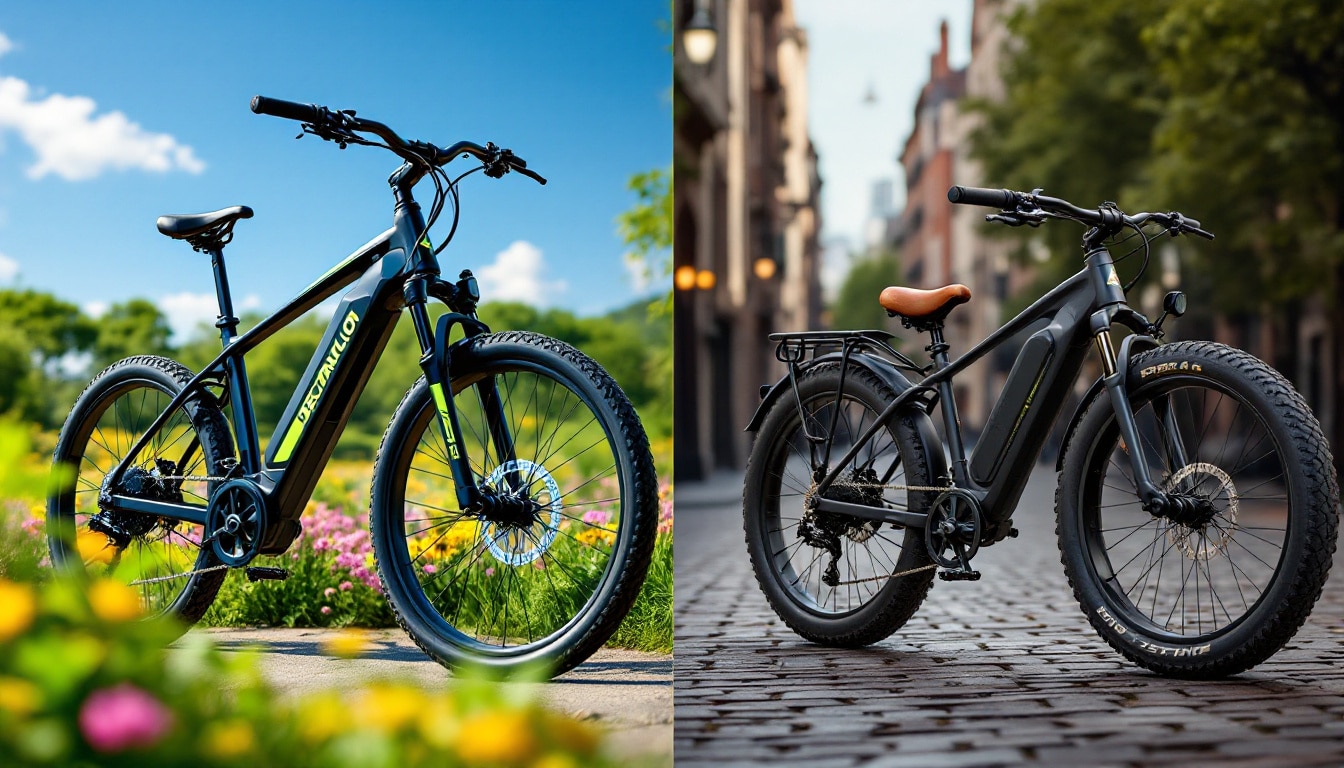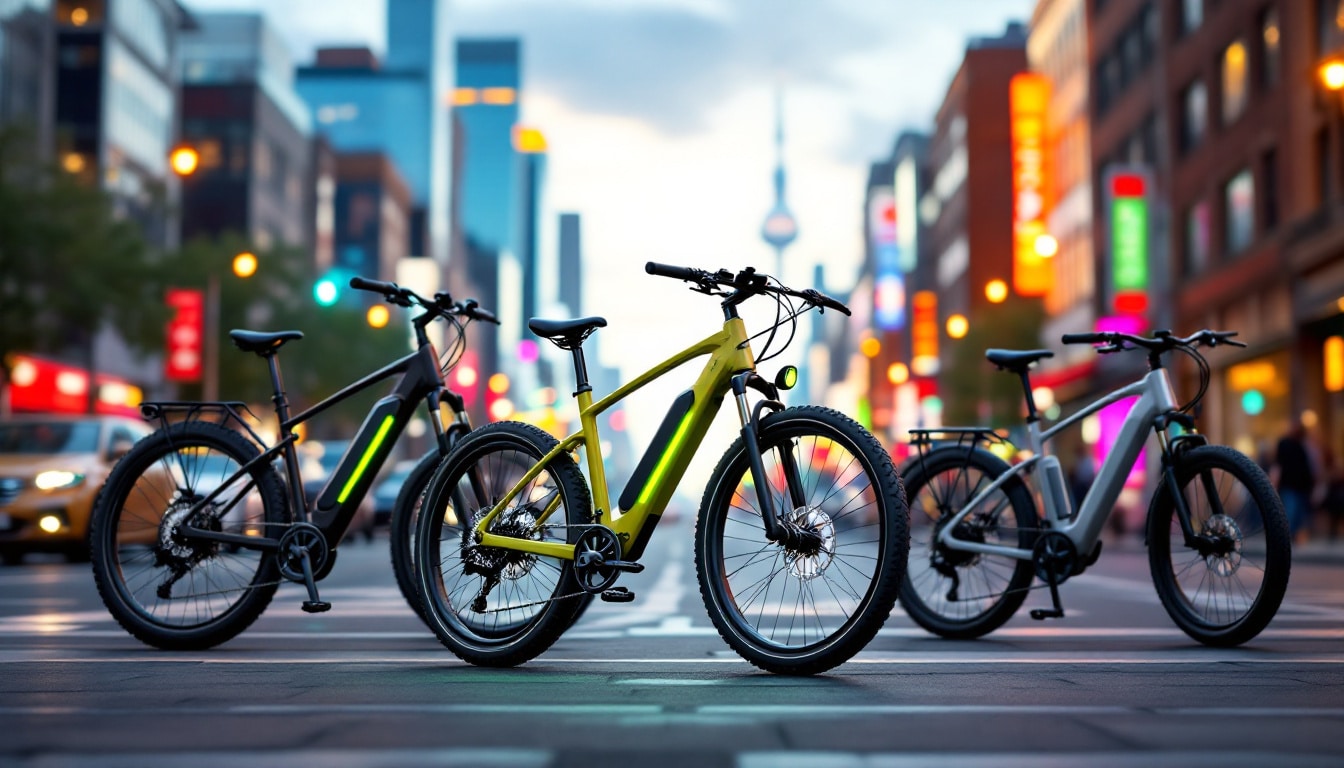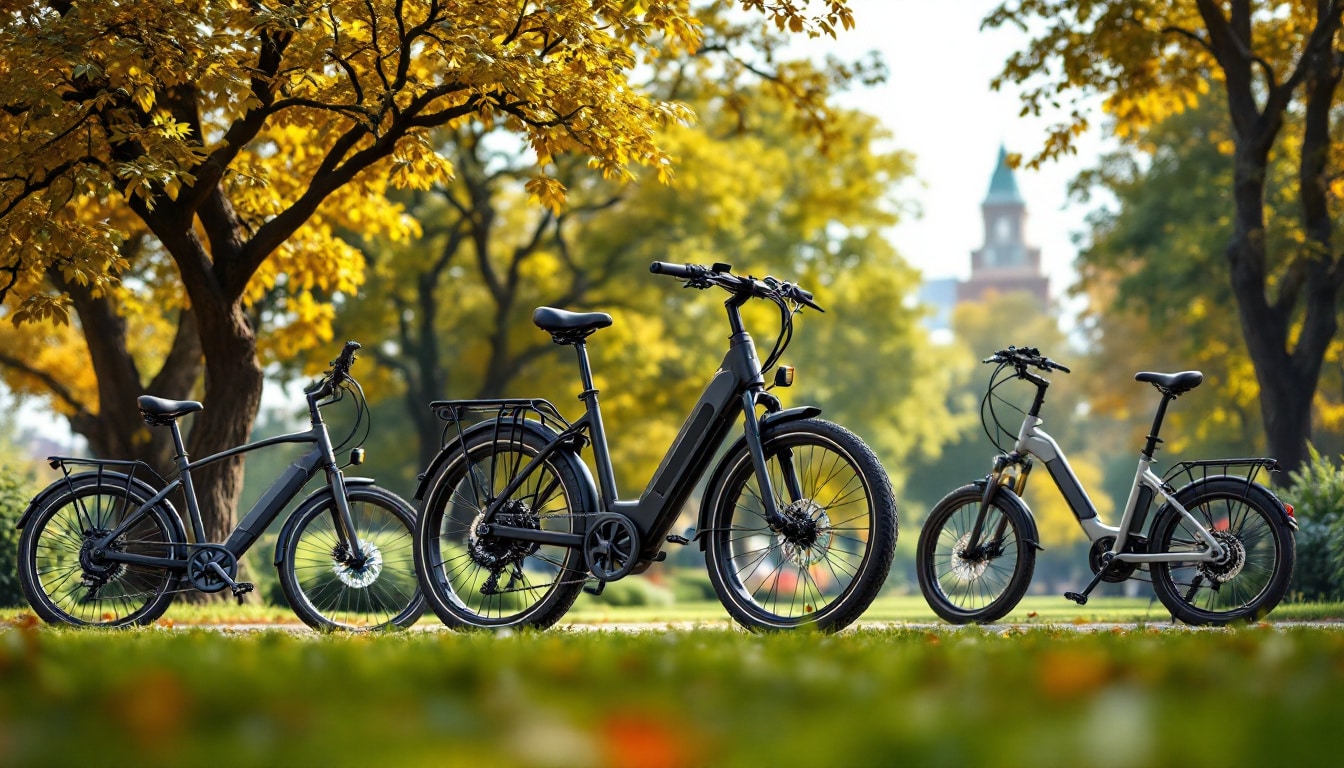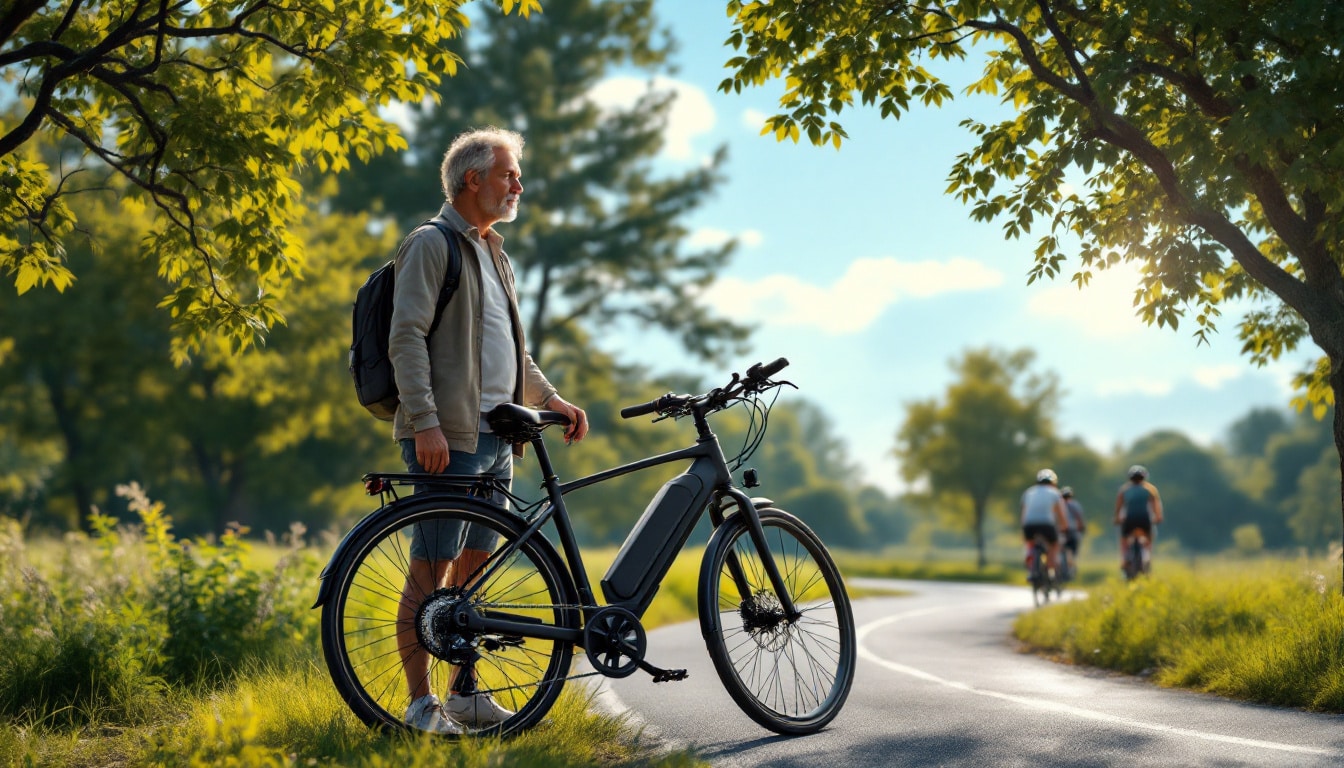Le monde du vélo électrique est en pleine ébullition, et le choix d’un modèle adapté à ses besoins peut s’avérer complexe face à la multitude d’options disponibles. Récemment, deux acteurs majeurs du marché ont retenu notre attention : Decathlon avec son tout premier gravel électrique Van Rysel E-GRVL AF MD à 3500 euros et Moustache Bikes qui vient de renouveler sa gamme Dimanche 29 Gravel, dont le modèle d’entrée de gamme est proposé à 3699 euros.
Ces deux vélos électriques représentent deux philosophies différentes du gravel, avec des caractéristiques techniques distinctes et des approches variées en termes de design, motorisation et équipements. Entre un guidon drop bar sportif chez Decathlon et une approche plus accessible avec cintre plat chez Moustache, le choix n’est pas évident. Plongeons dans les détails qui distinguent ces deux machines pour vous aider à faire le meilleur choix selon vos besoins.
Design et cadre : deux philosophies radicalement différentes
La première différence marquante entre ces deux modèles se situe au niveau du guidon. Le Van Rysel E-GRVL de Decathlon adopte un cintre drop bar (courbé) typique des vélos de route, favorisant une position plus aérodynamique et sportive. À l’inverse, le Moustache Dimanche 29 Gravel 2 est équipé d’un cintre plat (flat bar), offrant une prise en main plus intuitive et une meilleure maniabilité, particulièrement adaptée aux utilisateurs moins expérimentés.
Cette différence illustre clairement les cibles visées par chaque fabricant : Decathlon s’adresse aux cyclistes déjà familiers avec l’univers du gravel ou du vélo de route, tandis que Moustache cherche à séduire un public plus large, y compris les citadins. D’ailleurs, Moustache propose une version EQ du Dimanche 29 Gravel 2, équipée pour la ville (béquille, garde-boue, porte-bagages) pour 200 euros supplémentaires.
Le cadre du Moustache est disponible en version fermée ou ouverte (open), ce qui renforce son accessibilité, notamment pour les personnes âgées ou celles qui préfèrent un enjambement facilité. Les deux marques proposent une large gamme de tailles pour s’adapter à différentes morphologies :
- Van Rysel E-GRVL : XS, S, M, L, XL, XXL
- Dimanche 29 Gravel 2 :
- Cadre fermé : S (1,55-1,70 m), M (1,65-1,80 m), L (1,75-1,95 m), XL (1,90-2,05 m)
- Cadre ouvert : XS (1,50-1,60 m), S (1,55-1,70 m), M (1,65-1,80 m)
- Cadre fermé : S (1,55-1,70 m), M (1,65-1,80 m), L (1,75-1,95 m), XL (1,90-2,05 m)
- Cadre ouvert : XS (1,50-1,60 m), S (1,55-1,70 m), M (1,65-1,80 m)
Sur le plan esthétique, le Dimanche 29 Gravel 2 impressionne par ses finitions soignées et son cadre en aluminium aux soudures quasi invisibles. En revanche, le modèle Decathlon présente des soudures plus apparentes, ce qui lui confère un aspect moins raffiné.
L’intégration de la batterie constitue une autre différence notable : amovible et visible sur le Van Rysel, elle est fixe et parfaitement intégrée dans le tube inférieur du Moustache, pour une esthétique plus homogène. La gestion des câbles semble également plus travaillée chez Moustache, notamment à l’avant du cintre.
Motorisation et batterie : puissance contre légèreté
Les choix de motorisation révèlent des approches techniques distinctes. Decathlon fait appel au moteur allemand Brose Drive T Mag, un modèle haut de gamme avec boîtier en magnésium. Pesant 2,9 kg et délivrant un couple de 70 Nm, il offre une assistance maximale de 320%.
Moustache a opté pour le Bosch Performance Line SX, spécifiquement conçu pour le gravel. Son poids ultra léger de 2 kg constitue un avantage considérable, compensant son couple légèrement inférieur de 55 Nm. Ce moteur offre une assistance maximale de 340%, légèrement supérieure à celle du Brose.
| Caractéristiques | Decathlon Van Rysel E-GRVL | Moustache Dimanche 29 Gravel 2 |
|---|---|---|
| Moteur | Brose Drive T Mag | Bosch Performance Line SX |
| Poids du moteur | 2,9 kg | 2,0 kg |
| Couple | 70 Nm | 55 Nm |
| Assistance maximale | 320% | 340% |
| Capacité batterie | 500 Wh | 400 Wh |
| Autonomie annoncée | Jusqu’à 150 km | Jusqu’à 90 km |
| Poids total du vélo | 18,0 kg | 17,9 kg |
Malgré leurs différences, ces deux vélos à assistance électrique affichent un poids total similaire : 17,9 kg pour le Moustache contre 18 kg pour le Decathlon. La batterie du Van Rysel est plus généreuse avec 500 Wh, contre 400 Wh pour le Dimanche 29 Gravel 2. Decathlon annonce une autonomie maximale de 150 km, tandis que Moustache revendique 90 km.
Il est important de noter que l’autonomie réelle dépend de nombreux facteurs : mode d’assistance utilisé, poids du cycliste, dénivelé, conditions météorologiques et type de terrain. Les valeurs annoncées par les fabricants sont donc à considérer avec prudence et représentent généralement des conditions optimales.
Des transmissions différentes pour des usages variés
Au niveau des transmissions, le Moustache Dimanche 29 Gravel 2 s’appuie sur un groupe Shimano Cues de milieu de gamme. Il est équipé d’un dérailleur arrière RD-U6000-GS, d’une cassette CS-LG300 (11-48 dents) et d’un plateau de 42 dents, offrant 10 vitesses de série. Le vélo est compatible avec une transmission 11 vitesses moyennant le remplacement de la manette et de la cassette.
De son côté, le Van Rysel E-GRVL est équipé d’un groupe SRAM Apex XPLR à 12 vitesses, offrant un étagement plus fin. Sa cassette 11-44 offre cependant moins d’amplitude que celle du Moustache en côte. Le système SRAM offre une plus grande modularité, avec la possibilité d’installer des cassettes Eagle 11-52, 10-50 ou 11-50 en changeant la chaîne et le dérailleur arrière.
Pour les freins, les deux vélos misent sur des freins à disque hydrauliques : SRAM Apex (disques de 160 mm) pour le Decathlon, contre des Shimano MT200 (disque de 180 mm à l’avant, 160 mm à l’arrière) pour le Moustache, un choix plus classique généralement rencontré sur les VAE urbains.
Équipements et connectivité : des atouts différents
Le Moustache Dimanche 29 Gravel 2 se démarque par la présence d’une tige de selle télescopique avec un débattement de 75 mm, un équipement précieux pour les descentes techniques. Le Van Rysel ne propose pas cet équipement mais compense avec des phares avant et arrière intégrés (Axa Lighthammer de 60 lux à l’avant et Axa 651 LS à l’arrière).
Côté pneus, les deux modèles sont équipés pour le gravel : des Maxxis Rambler 700x50C pour le Moustache, contre des Michelin Power Gravel Competition Line 700×47 pour le Decathlon. La largeur supérieure des pneus Moustache offre potentiellement plus de confort et d’adhérence, au prix d’un rendement théoriquement inférieur.
Les deux vélos proposent des applications mobiles complètes permettant de suivre ses performances et de personnaliser l’assistance. Le Moustache est équipé d’un ordinateur de bord Bosch Purion 200 (Smart System), tandis que le Decathlon dispose d’un écran TFT couleur affichant vitesse, mode d’assistance, autonomie restante et heure.
Pour la garantie, Moustache offre 5 ans sur le cadre et la fourche, et 2 ans sur le moteur et la batterie. Decathlon ne précise pas ses conditions de garantie au-delà de la garantie légale de 2 ans.
Quel vélo électrique choisir selon votre profil ?
Pour 200 euros supplémentaires, le Moustache Dimanche 29 Gravel 2 se distingue par son design soigné, sa gestion des câbles optimisée, son moteur Bosch au rapport poids/puissance exceptionnel et sa tige de selle télescopique. Il séduira particulièrement :
- Les débutants en quête d’un vélo accessible et facile à prendre en main
- Les cyclistes urbains souhaitant des escapades tout-terrain occasionnelles
- Les utilisateurs préférant une position plus droite et confortable
- Ceux qui apprécient les finitions soignées et l’esthétique raffinée
- Les personnes cherchant un vélo polyvalent pouvant être équipé pour la ville
Le Van Rysel E-GRVL de Decathlon conviendra davantage aux :
- Cyclistes expérimentés issus du monde du vélo de route ou du gravel
- Amateurs de longues sorties nécessitant une grande autonomie
- Utilisateurs cherchant une position plus sportive et aérodynamique
- Bricoleurs souhaitant modifier et faire évoluer leur transmission
- Personnes sensibles au rapport qualité/prix
La cassette du Dimanche 29 est plus adaptée aux dénivelés positifs grâce à son plus grand pignon de 48 dents, offrant un braquet plus souple en montée. Le choix entre ces deux vélos dépendra donc essentiellement de votre expérience cycliste, de votre usage prévu et de vos préférences en matière de position de pilotage.
Conseils pour l’achat d’un gravel électrique
Avant de finaliser votre achat, voici quelques points à considérer pour faire le bon choix :
- Essayez les deux vélos : rien ne remplace un test réel pour évaluer le confort, la maniabilité et les sensations de pilotage
- Définissez votre usage principal : plutôt sportif et performances ou confort et polyvalence
- Évaluez votre niveau technique : le cintre drop bar demande plus d’habitude que le flat bar
- Considérez l’assurance : avec un investissement de plus de 3500€, une assurance spécifique peut être judicieuse
- Vérifiez les coûts d’entretien : certains composants peuvent être plus onéreux à remplacer
- Renseignez-vous sur les aides à l’achat : des subventions locales peuvent réduire l’écart de prix entre les deux modèles
Ces deux vélos électriques représentent des approches différentes mais tout aussi valables du gravel électrique. Leur comparaison illustre parfaitement la richesse de l’offre actuelle sur ce segment en pleine expansion. Que vous choisissiez la philosophie plus sportive de Decathlon ou l’approche plus accessible de Moustache, vous disposerez d’un vélo performant capable de vous emmener hors des sentiers battus tout en limitant les efforts dans les passages difficiles.
Les amateurs de sensations plus radicales peuvent également s’intéresser au débridage de vélo électrique, bien que cette pratique soit strictement encadrée par la législation et modifie le statut juridique du véhicule. Dans tous les cas, l’essor des gravels électriques comme ceux proposés par Decathlon et Moustache témoigne de la vitalité d’un marché qui ne cesse de se diversifier pour répondre aux attentes d’une clientèle toujours plus large.
Quelle que soit votre décision, l’investissement dans un gravel électrique de qualité vous ouvrira de nouveaux horizons en combinant l’agilité d’un vélo classique à l’assistance précieuse d’un moteur électrique. La liberté d’explorer des terrains variés sans craindre l’épuisement représente une véritable révolution pour de nombreux cyclistes.






